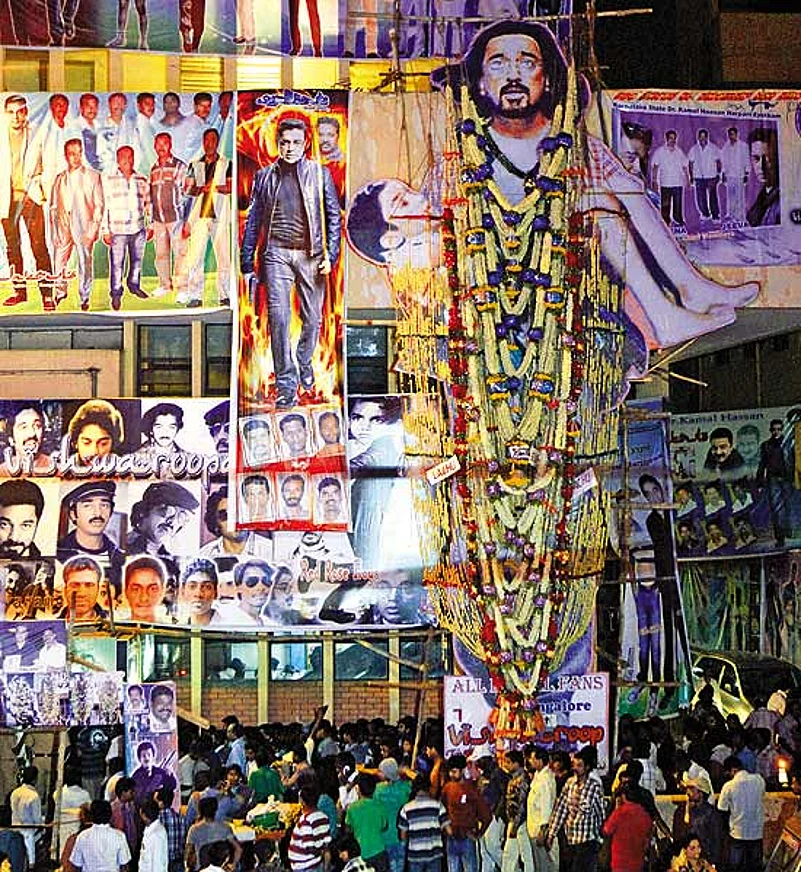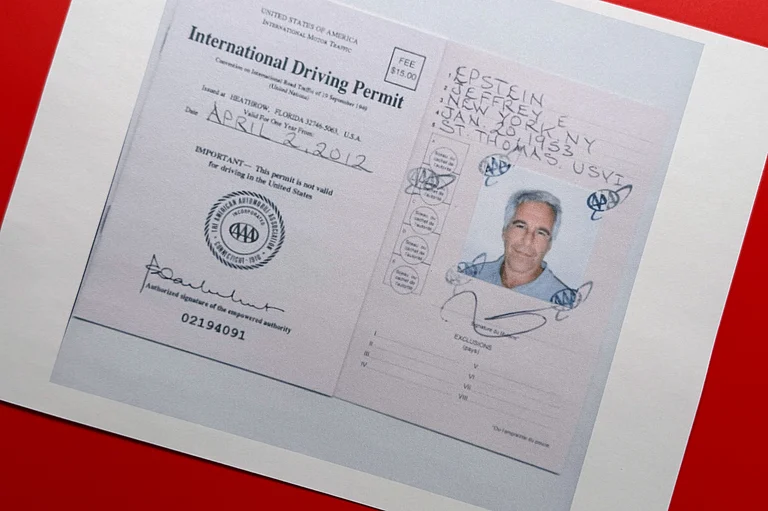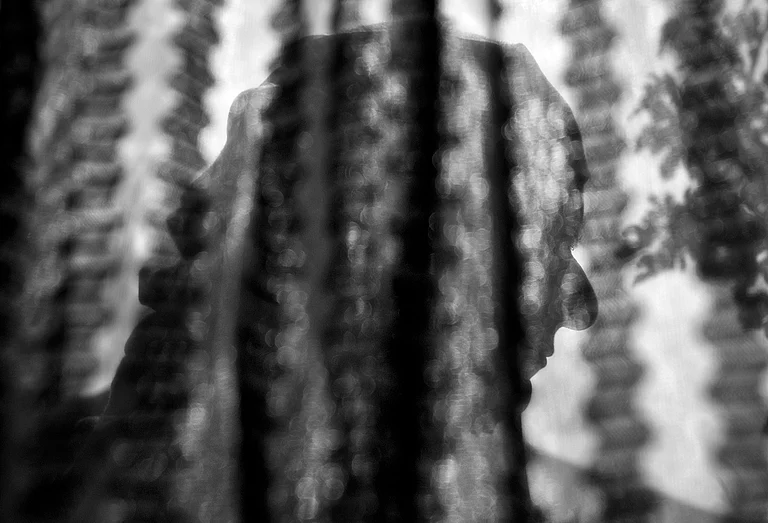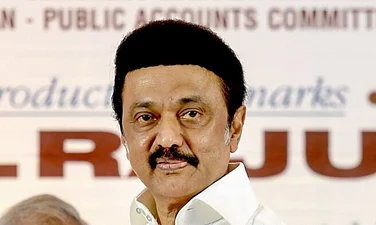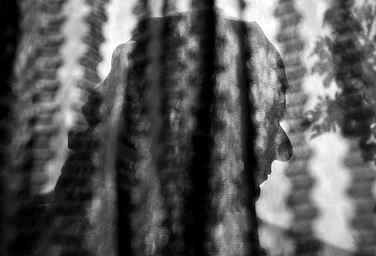This week, one of India’s iconic actor-filmmakers spoke poignantly of his search for an elusive secular space. Where his new film would have been screened without fear or trouble. In Tamil Nadu, it’s been a different story altogether. “M.F. Husain had to do it and now Haasan will do it...I think Tamil Nadu wants me out,” said Kamalahaasan whose Vishwaroopam was banned by the J. Jayalalithaa government last week (despite the film getting censor board clearance) after some Muslim groups claimed it was offensive towards their community.
Last Tuesday, a single-judge interim order had lifted the ban but a division bench of Madras HC set it aside after the TN government appealed the order, leaving Kamal little option other than to move the Supreme Court. At the time of going to press, Jayalalitha had indicated in a press conference that the film could be screened if an amicable solution was reached with the Muslim groups. So is it all’s well that ends well? Not quite.
Ironically, it’s been a week of cultural intolerance in a country that just celebrated its 64th Republic Day. Superstar Shahrukh Khan’s lucid essay in this magazine was misunderstood and attacked, that too by some who hadn’t even cared to read it. Renowned author Salman Rushdie was prevented from going to the Calcutta lit fest after fears were expressed that his presence might offend the minorities (see box). These are all signals that as a nation and society we seem to be getting too quick to take offence with artistes—be it Husain or Haasan—ending up bearing the brunt of it. “It’s sad that 15 people can actually dictate the fate of a book or a film,” says director Deepa Mehta whose films Fire and Water have faced mob ire. “It’s become a trial on the streets, there’s a general sense of collapse of law and order, the artist is getting marginalised and we are moving towards a kind of fascism,” says journalist Sashi Kumar, Asianet TV founder and now chairman, Asian College of Journalism.
Vandana Khare, who staged a Marathi adaptation of The Vagina Monologues and had to face a ban from the Mumbai municipal authorities for it, calls it “cultural terrorism”. “To gag and strangle a person’s creativity is against democracy,” she says. Painter Anjolie Ela Menon says the clampdown on artistic freedom is getting worse by the day. “Apart from religious fanaticism, there is a killjoy sentiment, where certain outfits want to clamp down on anyone having a good time or having fun,” she says. Anjolie faced a similar situation a few years ago. A Mumbai gallery was showing one of her paintings featuring a naked sadhu. “Without understanding the iconography of the kundalini in the painting, the Shiv Sena threatened to create trouble and the painting had to be removed,” she recollects.
The capitulation to such extra-constitutional bans has a long history in Indian cinema. There have been several films that have had a fate similar to Vishwaroopam—facing a ban even after getting clearance from the CBFC (see graphic). “People are more touchy now. It’s like we are regressing, going backwards,” says film historian Theodore Baskaran. “In 1952, there was the film Parasakthi, scripted by M. Karunanidhi. It said that God does not talk since it’s made of stone. Orthodox groups protested against it, wanted it banned but CM C. Rajagopalachari stood his ground. C.N. Annadurai’s Sorgavasal (1954) was a controversial rationalistic, anti-religion film but wasn’t banned either,” he points out. In the case of Vishwaroopam, the call for a ban comes without the film even being viewed. Those who have seen it find the ban completely uncalled for. In a state with a strong Muslim presence like neighbouring Kerala, it has been running without any trouble. “It’s ironic that there have been no demonstrations after the film’s release but only before. The film is being pilloried for the wrong reasons. There is nothing anti-Islamic in it,” says Sashi Kumar.
In Kamal’s case, it’s been a case of clampdown by the powerful state. “It’s the job of the state to ensure release of a film once it is passed by the censor board,” says filmmaker Sudhir Mishra. Instead, here the state went ahead and ensured it wasn’t released. “All the 32 district collectors together cited the inability to maintain law and order as the reason. It means we are in a constitutional crisis,” says critic Sadanand Menon. Other conspiracy theories have also been doing the rounds. Was the release stalled because the TV rights to the film were not sold to Jaya TV? Did Kamal’s remark about P. Chidambaram as a future PM irk the CM? Or was it the piracy mafia, miffed by Kamal’s dth release plans, that ‘engineered’ the ban? “It’s become murky, there is no clear legal argument, it’s difficult to figure out any logic. It’s complete gobbledygook,” says Sadanand.
***
Extra-Legal Censorship
Films that got a ban anyway even after the CBFC clearance
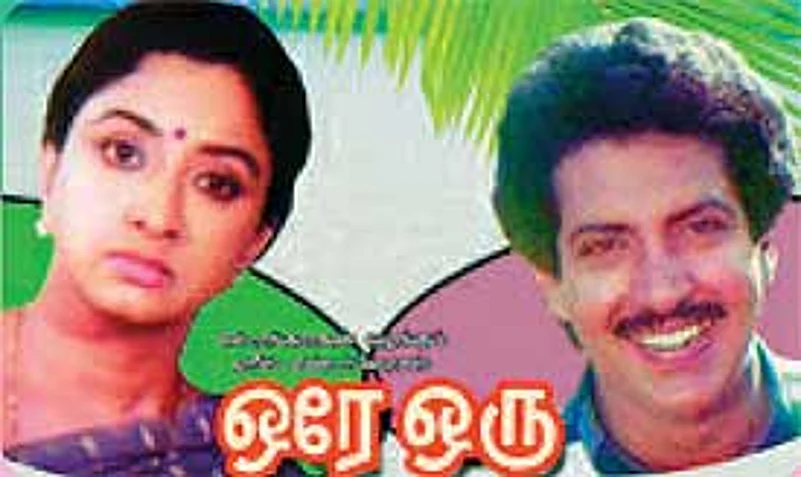

| Ore Oru Gramathile, 1987 TN ban for ‘anti-reservation theme’. SC saves film. | Fanaa, 2006 "Banned" in Gujarat for Aamir's support for Narmada Bachao Andolan |
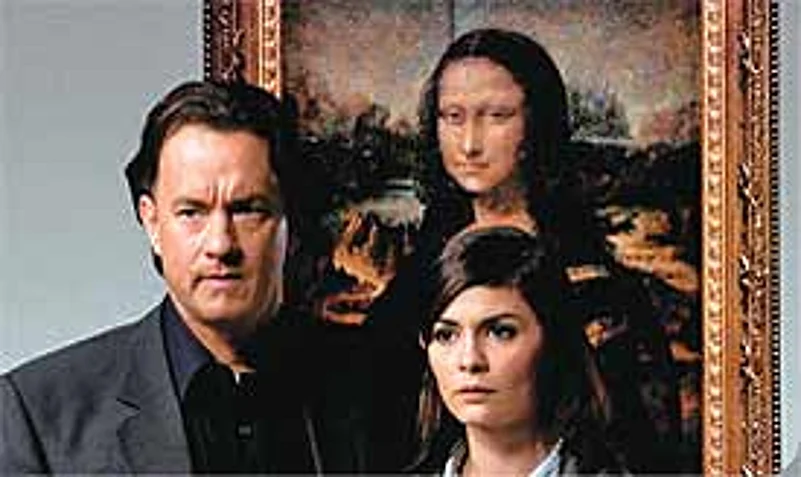
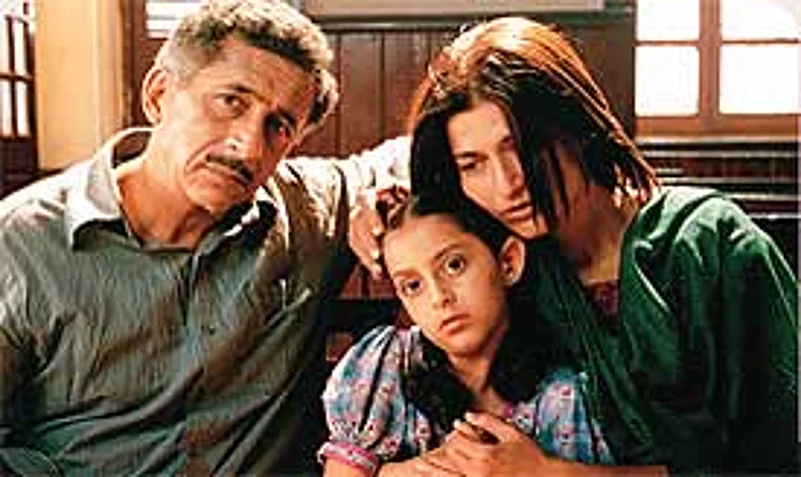
| The Da Vinci Code, 2006 Banned in AP, Goa, TN, Punjab, Nagaland, Mizoram. | Parzania, 2007 Gujarat multiplex owners refuse to screen film based on ’02 riots. |
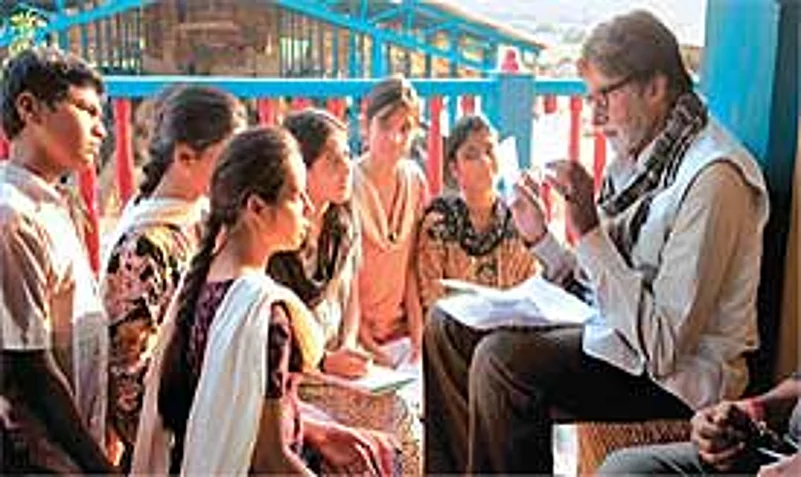
| Aarakshan, 2011 Faced ban in UP. Maya govt initially thought it was anti-Dalit. |
***
That this is happening in a state governed by a former film personality where artistes are made to feel so vulnerable is certainly a piquant situation. “The mutuality between cinema and politics has sometimes worked to the detriment of film people here. For instance, take yesteryear comedian and singer J.P. Chandrababu who was ruined when he took on MGR,” explains Sashi Kumar.
There are no easy answers here but the Vishwaroopam incident could set a dangerous precedent. “Such controversies impede the growth of cinema. Producers may not invest in serious films. Support for sensitive directors might shrink,” says Baskaran. There could be other snowball effects. Like Tamil superstar Vijay’s recent film Thuppakki, declared a big hit now, had to pander to the diktats of some fringe Muslim groups. Aameer’s forthcoming Adi Bhagwan is under the scanner of some Hindu outfits for ‘portraying Hindu deities in a bad light’. Again nobody has seen the film. These extra-constitutional protests also point to the undermining of the censor board. What has been most appalling is lawyers of various Islamic organisations calling censor board members “purchasable commodities” and the state advocate general, Navneet Krishnan, in court proceedings, calling the certification process a scam. Sources say the board is taking a legal opinion on it and has demanded an apology. “While representing the state on a serious issue, the advocate general did not even know the procedure of certification laid out by the Cinematograph Act,” says CBFC CEO Pankaja Thakur.
It’s about time the film industry got united to fight such regular intrusions. Last year, filmmaker Rahul Dholakia had suggested that a bill or law should be passed that no film cleared by the censor board will be obstructed. It’s perhaps time to begin working towards that.
By Namrata Joshi with Neha Bhatt and Prachi Pinglay-Plumber
The caption for Fanaa was changed online






